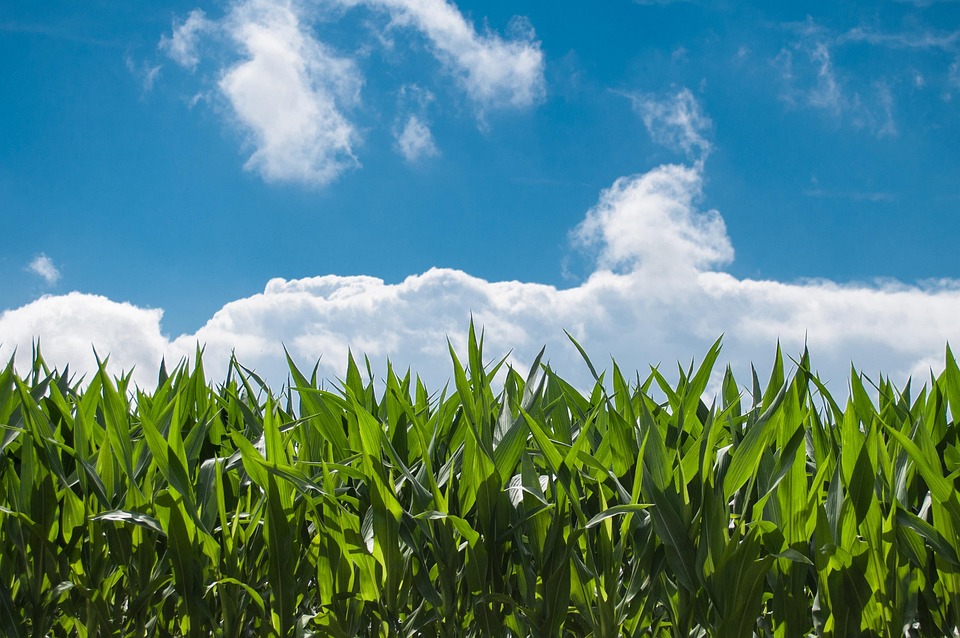Living off the grid has been a transformative experience for me, especially when it comes to my love for sustainable farming and gardening. Over the years, I have witnessed the rise of sustainable farming practices and the impact they have had on the agricultural industry. It is truly inspiring to see how more and more farmers are embracing these eco-friendly methods, ultimately revolutionizing the way we grow our food.
One of the key components of sustainable farming is the emphasis on soil health. Healthy soil is the foundation of a successful farm, as it provides essential nutrients for plants to thrive. By practicing techniques such as crop rotation, cover cropping, and composting, farmers can improve soil fertility and structure, leading to higher yields and healthier crops. In addition, sustainable farmers also prioritize biodiversity on their land, planting a variety of crops to promote a balanced ecosystem and reduce the risk of pest infestations.
Another important aspect of sustainable farming is water conservation. With water becoming an increasingly scarce resource, it is crucial for farmers to find ways to minimize water usage and waste. Techniques such as drip irrigation, rainwater harvesting, and mulching help to efficiently deliver water to plants and prevent evaporation, ultimately reducing the overall water footprint of the farm. By implementing these practices, farmers can not only save water but also reduce their operating costs in the long run.
One of the most exciting developments in sustainable farming is the integration of technology. From solar-powered irrigation systems to precision agriculture drones, farmers are now able to utilize cutting-edge technology to improve efficiency and productivity on their farms. These innovations not only help to reduce the environmental impact of farming but also provide farmers with valuable data and insights to make informed decisions about their operations. With the rise of agri-tech startups and companies, sustainable farming is becoming more accessible and scalable than ever before.
Pro Tips:
1. Start small: If you’re new to sustainable farming, don’t be afraid to start small and gradually expand your operations. Focus on one or two techniques at a time to avoid feeling overwhelmed.
2. Embrace experimentation: Sustainable farming is all about innovation and adaptation. Don’t be afraid to try new methods and see what works best for your unique growing conditions.
3. Connect with the community: Joining a local farming cooperative or attending workshops and conferences can help you connect with like-minded individuals and learn from their experiences. Building a strong support network is essential for success in sustainable farming.
In conclusion, the rise of sustainable farming practices is revolutionizing agriculture in incredible ways. By prioritizing soil health, water conservation, biodiversity, and technology, farmers are not only improving the sustainability of their operations but also producing healthier, more nutritious food for consumers. As someone who has experienced the benefits of sustainable farming firsthand, I am excited to see the continued growth and innovation in this field. Together, we can create a more sustainable future for agriculture and ensure a healthy planet for generations to come.



